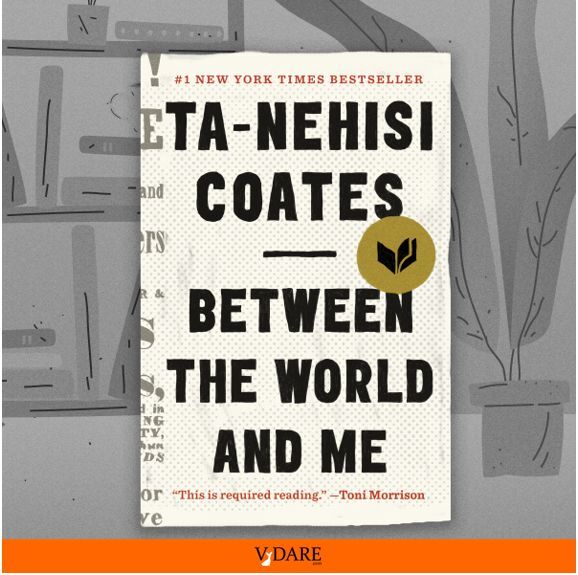From a 2000 press release by the U. of North Carolina:
Despite common beliefs, study shows young blacks have higher self-esteemThis is a reference to the Supreme Court’s 1954 Brown v. Board of Education decision which cited Dr. Kenneth B. Clark’s experiment showing that black children preferred to play with high quality store-bought white dolls than with low quality black dolls jury-rigged for the study.By DAVID WILLIAMSON UNC News Services
CHAPEL HILL — Some early research on self-esteem, which involved having children pick from differently colored dolls the one they preferred to play with, suggested that black children in the United States had lower self-esteem as a group than white children.
A new University of North Carolina at Chapel Hill investigation, however, strongly suggests that the reverse may be true.That’s a really interesting finding about whites, but not one that has been much followed up in the 14 years since.UNC-CH psychologists analyzed 261 studies in which self-esteem in both white and black children was assessed. The studies involved more than a half-million participants.
“Our analyses revealed slightly higher scores for combined black children, adolescents and young adults than for their white counterparts,” said Dr. Bernadette Gray-Little, professor of psychology. …
Differences in self-esteem were small, but statistically significant considering the large number of studies included, she said. The youngest black children — those under age 10 — tended to have slightly lower scores than the youngest white children, but this difference disappeared as the children passed age 10. Then blacks thought somewhat better about themselves than whites did. The self-esteem advantage for black adolescents was more pronounced in studies with more girls than boys.
“Provided that self-esteem scores for both black and white young people are equally variable with normal, or bell-shaped, distributions, our results suggest that the average black young person’s self-esteem is higher than that of about 56 percent of white young people,” she said. “Put another way, the average black young person’s self-esteem falls at about the 56th percentile of self-esteem for white children and adolescents. …
Perhaps ironically, Gray-Little said, wealthier black children do not have the same self-esteem advantage as their less-wealthy peers. That might be because they often find themselves in school or other settings where they are relatively few in number compared to wealthier whites. …
Young blacks might experience slightly higher self-esteem overall because they often have a strong ethnic identity, while many young whites do not, she said.











